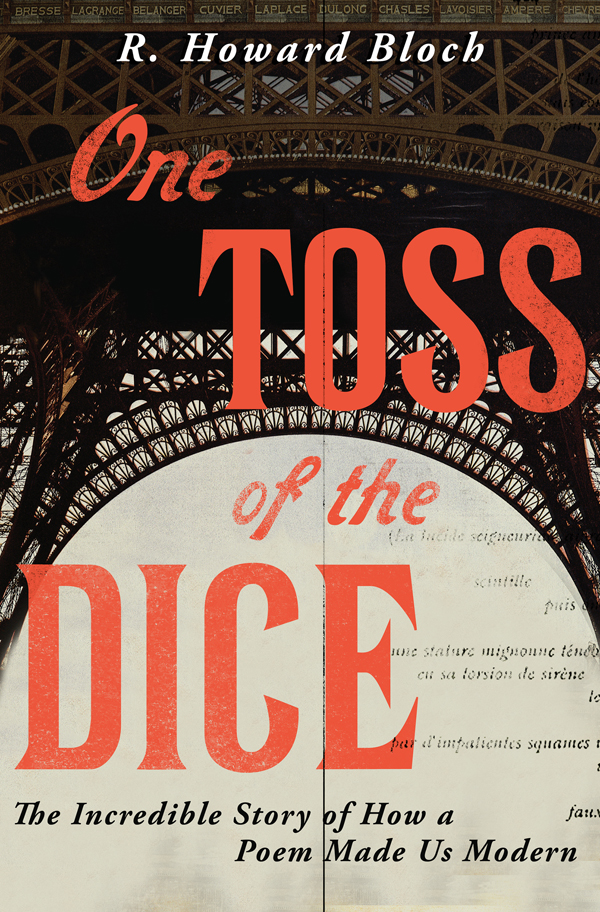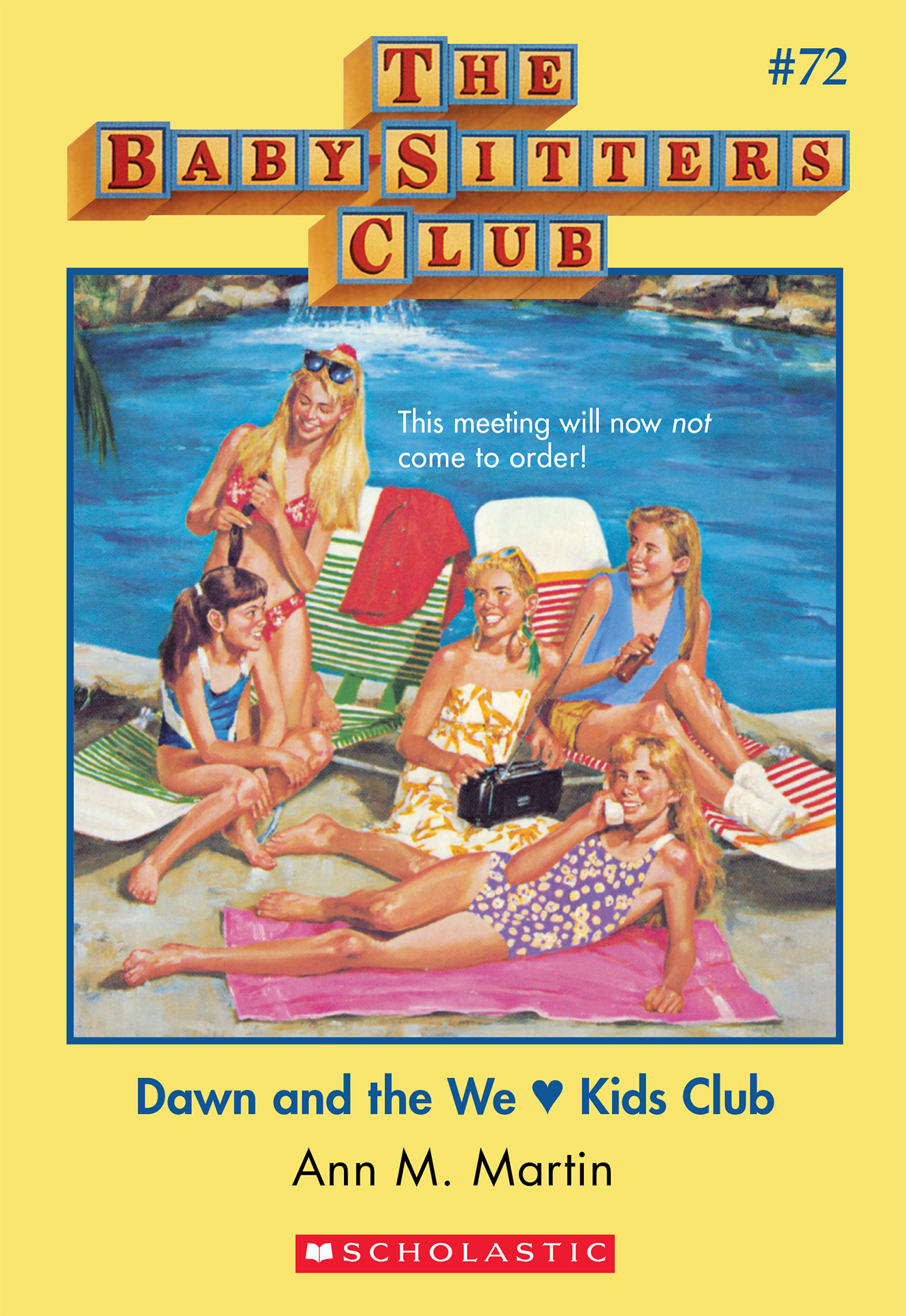oleebook.com
One Toss of the Dice: The Incredible Story of How a Poem Made Us Modern de Bloch, Howard R
de Bloch, Howard R - Género: English
Sinopsis
In the tradition of The Swerve comes this thrilling, detective-like work of literary history that reveals how a poem created the world we live in today.
It was, improbably, the forerunner of our digital age: a French poem about a shipwreck published in 1897 that, with its mind-bending possibilities of being read up and down, backward and forward, even sideways, launched modernism. Stéphane Mallarmé's "One Toss of the Dice," a daring, twenty-page epic of ruin and recovery, provided an epochal "tipping point," defining the spirit of the age and anticipating radical thinkers of the twentieth century, from Albert Einstein to T. S. Eliot.
Celebrating its intrinsic influence on our culture, renowned scholar R. Howard Bloch masterfully decodes the poem still considered among the most enigmatic ever written. In Bloch's shimmering portrait of Belle Époque Paris, Mallarmé stands as the spiritual giant of the era, gathering around him every Tuesday a...
Descargar
Descargar One Toss of the Dice: The Incredible Story of How a Poem Made Us Modern ePub GratisLibros Recomendados - Relacionados
Reseñas Varias sobre este libro
Bloch's book, partly a biography of poet Stephane Mallarme, and partly a cultural biography of the social and civil disruptions that spawned 20th Century art's break from traditional forms, is a good rendering of the changes that affected writing, music, visual and performing art, and even scientific thought.
And Mallarme's poem, "One Toss of the Dice", is certainly an interesting work, as well as a break with tradition. But I think it's an exaggeration to give it so much importance as a catalyst to what seems to me to be a natural reaction to the instability and rapid change that occurred all over the world in the late 1800s and early 1900s.
The invention of film, the advent of the ability to communicate over large distances quickly and easily, the disruptions and displacements of war and politics--all combined to create an opening for new ways of seeing and reflecting the world. Mallarme's visual poem was just one ingredient among many, one reaction among many. It's a net, not a line.
Still, Block has written a comprehensive and enlightening history of Mallarme's development and how he and we got from there to here. Although I would not reach the same conclusions as the author, I still enjoyed the journey.biography-memoir non-fiction poetry1 William Schram1,910 80
Modernism is an artistic movement that arose in response to sweeping changes occurring in Western society at the end of the nineteenth century. One Toss Of The Dice is a book by R Howard Bloch that focuses on a poem of the same name and how it ushered Modernism into the forefront.
I couldn't get into the book. I read the translation of the poem since I can't read French, looked it over, and delved a little bit into Stéphane Mallarmé's life, but I couldn't bring myself to care. Bloch writes well enough. I merely made an error in my selection of library books.
I have a few nitpicks. First, the author was talking about a poem. Why did the author put that poem into the middle of the book where it is harder to find? Maybe because the poem is several pages long or because of the typesetting, but explain that in the introduction. Bloch might have clarified it, but I got bored and missed it. Second, the subtitle and pull quotes are misleading. The book might go into how a poem led to the World Wide Web, but once again, I lost patience.
As for the poem itself, it reminds me of E E Cummings poetry. I suppose it should be the other way around since Mallarmé was first, but it doesn't matter.
In conclusion, the book was disappointing. Thanks for reading my review, and see you next time.biography dropped language ...more1 Christopherseelie230 24
Meticulously researched and exceptionally concerned with stylistic presentation. The historical contextualizing gets digressive but this serves to situate Mallerme's work and life more often than not. I thought the efforts to tie contemporary digital media to "One toss of the dice" was overdone and ultimately the least interesting part of the book. But then, I skipped over much of the literary analysis parsing stressed syllables and the . I was a little irked by the social-conservatism of the author, but what can you expect from a Yale professor?1 Steve94 13
A really great history of the composition of the poem by Mallarme, who I didn't know very much about at all. There's a great deal of love in Bloch's tracing of Mallarme's circle of friends and inspirations, and a lot of work went into the amazing chronicle of the poet's daily life and activities from year to year. This is where the book really shines.
Then, strangely, we get an attempted reproduction of this very visual work, in English, in the middle of the book, followed by a French attempt. This is not a photograph of the manuscript, but a re-creation typeset into the book. I'm less interested in this sort of thing than I am the scholarship of the poem and how it came to be - what was the author doing, working on, reading, writing about? We need more of what Bloch did in the first half of the book here.
Then come chapters 6 through 8 which honestly could have been one chapter about the publication, reception, and attention given to the poem. Bloch excels at this in a couple of places - the visit to Mallarme by Paul Valery to discuss the publication of the poem, and the chance event of a tragic fire started by a fuel-driven projector at a charity event the same day the poem was published. These two moments are really great, and I would have d to have seen Bloch do the same with the manuscript's life after the death of Mallarme.
Instead we get what could only be described as bad, last-minute, undergraduate literary criticism, where Bloch attempts to connect the poem to the invention of everything - nearly everything - we use in our daily lives. Not content to speculate on Mallarme's love for sailing as a motive for his writing, we hear that Mallarme predicted Neils Bohr, Einstein's work on relativity, the World Wide Web, Google, Powerpoint, Marshall McLuhan's media theory, early 20th century impressionism, Dada, music (including the works of John Cage). . . the list goes on and there is so little connecting these ideas that it becomes awkward to read it. Bloch merely gestures at these connections in print while speaking in a voice that makes it seem as if he has solid evidence for these connections. It is really some terrible writing.
Overall the book is quite good, except for the last three chapters which could be thrown away, and the strange 3 version bad attempt at replicating the poem in the middle. Bloch is quite good with French cultural history, the lives and daily interactions of these amazing cultural giants of art, music, and literature. It's a shame he didn't include more of that. Instead we get a lot of speculation that because he wrote in a fragmented style we now have fragmented information on the internet. Really strange, really immature, and really embarrassing to write that. It was a bad choice, made all the worse due to the excellence of writing in the first half of the book. Cooper RennerAuthor 21 books48
The more biographical pages leading up to the new translation of the poem are especially good. Im not nuts about literary criticism, so I enjoyed the analysis of the poem less. The poem itself, in English translation, then French original, are of course the center of the book. Now I will move on to read more Mallarme. Dan Seitz424 3
An interesting look at a modernist poem somewhat derailed by the author being a ravening fanboy. About half this book rests on claims that are either completely unsupported or lightly researched. Bill146 2
A worthy introduction to one of the great works of the 20th century. I prefer the "Dice thrown" translation in "Poems For The Millennium".
Laura1,736
So interesting. I enjoyed it quite a lot and learned something new about French poetry.2017 literary-criticism poetry Robert B368 3
Bloch, a French professor at Yale, writes about the life of French poet Stéphane Mallarmé and his 1897 transformative, "deeply optical" poem, One Toss of the Dice Never Will Abolish Chance, which (according to Bloch) "made us modern." The books provides a good overview of Mallarmés life and the artistic environment in which he worked. The attempt to explicate the poem itself is also interesting. However, Block is less persuasive when he claims that Mallarmés poem led to modernist movements in art (cubism, Picasso's "Demoiselles d'Avignon," Duchamp's "Nude Descending a Staircase"), music (Satie), and literature (Apollinaire, Eliot, Proust, Woolf, Joyce) and even less convincing when he tries to connect the poem with later developments in science (Einstein) and technology (hypertext and the World Wide Web). Mills College Library16.6k Read
841.8 B6514 2017 Stanley Levine61 14
Autor del comentario:
=================================












